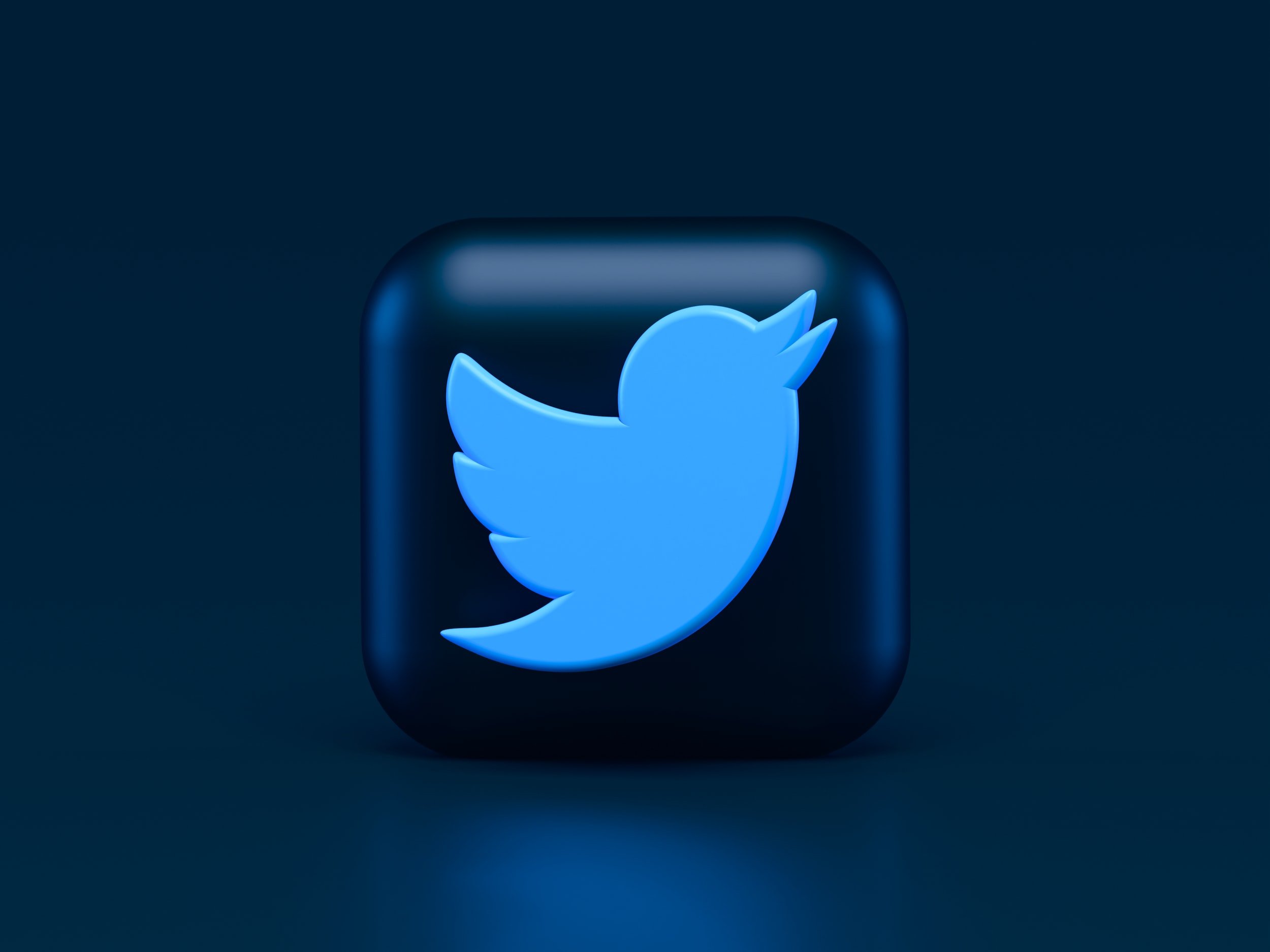Why TikTok is outsourcing?
🎶 Why TikTok is outsourcing.
TikTok is reportedly working with third-party logistics (3PL) fulfillment service providers to build its own logistics network. The social media platform is partnering with these providers to lease and operate warehouses, store inventory, and handle packing and shipping for merchants selling on TikTok. The fulfillment program is currently invite-only for a small group of sellers during the initial launch period. The move to outsource its fulfillment network comes as logistics costs and warehouse rent continue to rise, and TikTok aims to penetrate social commerce and sell its own products through its TikTok Shop feature. Other social media platforms have also made attempts at incorporating shopping features but with limited success.
President Biden has signed legislation that could lead to a nationwide TikTok ban, sparking concern among the platform's vast community.
President Joe Biden recently signed a $95 billion national security package that includes a provision potentially banning TikTok, but with a critical timeline extension.
Diana Wiebe, like many of us, found herself deep in the world of social media during the pandemic, getting swayed by influencers on Instagram and TikTok to buy all sorts of products, especially skincare.
Thousands of TikTok users are rallying to prevent a potential ban on the app, which faces pressure from legislation forcing its parent company, ByteDance, to divest or risk being removed from U.S. app stores.
Former President Donald Trump expressed concerns about the proposed ban on Chinese-owned social media app TikTok in the United States during an interview on CNBC's "Squawk Box" on Monday.
The U.S. House of Representatives is speeding up a vote next week on a bill that would force China's ByteDance to sell off TikTok within six months or face a U.S. ban.
A recent viral social media post sparked a lively discussion about the prices at Five Guys, a popular burger chain in America.
A bipartisan group of U.S. lawmakers has introduced legislation to push China's ByteDance, owner of TikTok, to divest the app within six months or face a U.S. ban due to national security concerns over its Chinese ownership.
The US Supreme Court is tackling two crucial cases that could reshape social media's landscape.
Social media platform X, formerly known as Twitter, experienced a global outage affecting over 77,000 U.S. users at its peak.
A federal judge in Montana has temporarily blocked a state law that would have banned TikTok starting on January 1, 2024.
Small businesses can experience a sudden surge in demand when they go viral on social media platforms like TikTok.
The logistics industry is undergoing significant transformations in the digital age.
TikTok is reportedly working with third-party logistics (3PL) fulfillment service providers to build its own logistics network.
As global supply chains face disruptions caused by factors like the Ukraine conflict and China's economic slowdown, a growing number of companies are opting to bring their production back home.
After taking the social media conglomerate private in 2022 (sparking both praise and backlash), Musk is now facing the fallout from an ill-fated tweet he made in August 2018.
After months of back-and-forth with the social media company, the CEO of Tesla and Space X, Elong Musk, has finally taken control of the company after paying out $44 billion.
The extremely popular app with over one billion users has more than teenagers doing silly dances.
Twitter has come under fire in recent years for taking an aggressive stance on censoring political messages shared on its social media platform.




















TikTok has filed a lawsuit challenging a new federal law that could force its Chinese parent company, ByteDance, to sell the app or face a ban in the U.S.